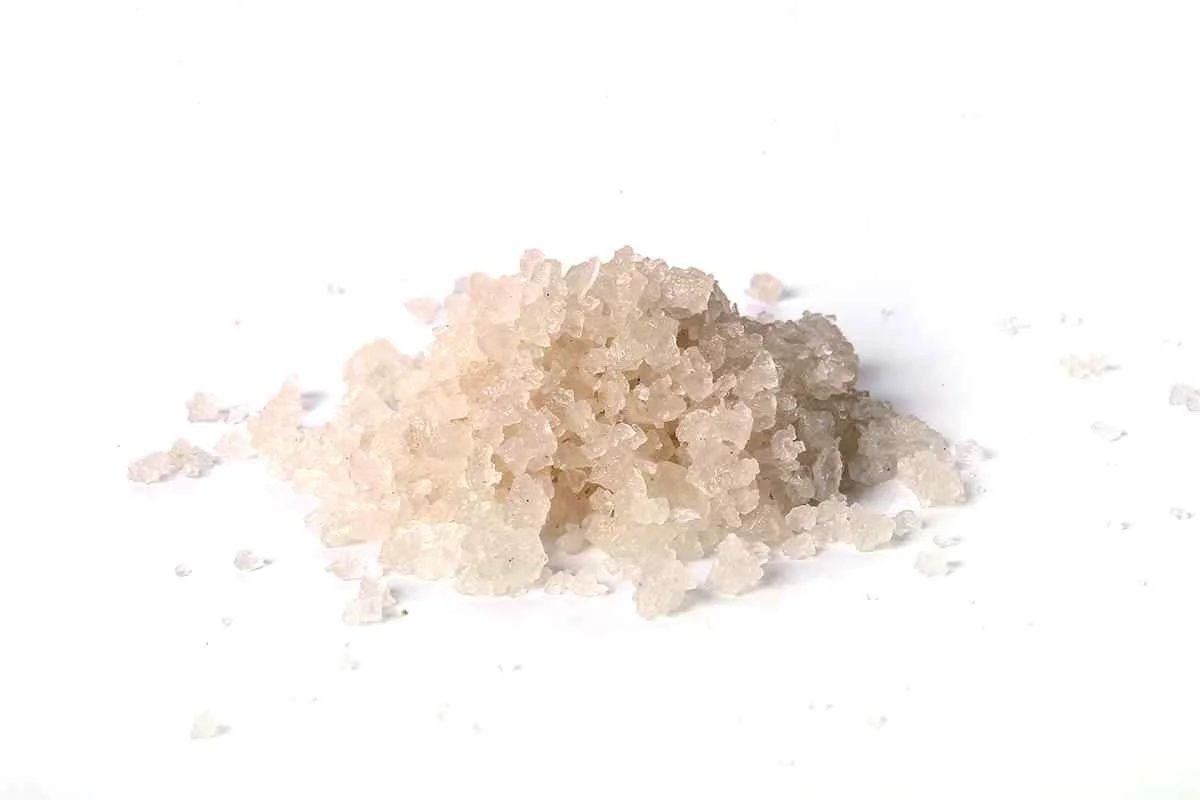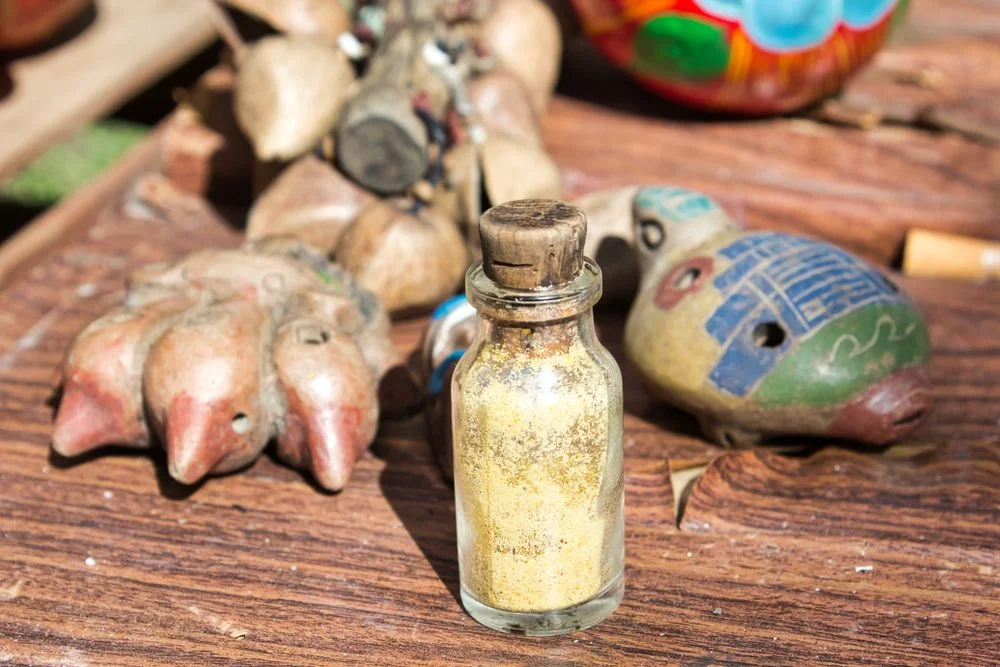Signs and Symptoms of Dilaudid Addiction
Dilaudid or “hydromorphone” is an opioid pain pill that is used often in hospital settings for severe pain. It is a strong, synthetic, opioid-based narcotic painkiller. In fact, the painkilling strength of Dilaudid is up to nine times more powerful than the painkilling strength of morphine. If you or someone you know is struggling with an addiction to Dilaudid or hydromorphone it is essential that you get professional help. But first, it may be beneficial to understand the signs and symptoms of Dilaudid addiction.

Knowing the Signs and Symptoms of Dilaudid Addiction
Signs and Symptoms of Dilaudid Addiction
Most of the signs and symptoms associated with this form of addiction can be arranged into the following three symptom types:
Physical Signs and Symptoms
- Nausea and stomach pain
- Vomiting
- Circulatory collapse
- Stroke or heart attack
- Seizures
- Coma
- Track marks on legs and arms
- Pain or infection at the injection site
- Problems with urination
- Respiratory depression
Behavioral and Mood Signs and Symptoms
- Overall irritability
- General anxiety and agitation
- Overall reckless and risky behavior
- Hiding Dilaudid
- Depression
- Stealing or lying in order to obtain more of the drug
- Forging prescriptions
- Wearing covering clothing in order to hide needle marks
- Suddenly not being interested in old hobbies, activities, and social circles
- Social isolation
- Financial problems
- Increased problems with the law or school authorities
- Lying to doctors and frequent ER trips
- An increasingly worse emotional state
Psychological Signs and Symptoms
- Delusions and hallucinations
- Extreme paranoia
- Worsening of previous mental health problems
Detox for Dilaudid Addiction
The best way to recover from a Dilaudid addiction is to seek professional rehabilitation treatment. An essential part of any of these professional rehab programs is detoxification.
During the detox process, the individual patient will be taken off Dilaudid and any other pain pills or drugs they may be taking. This is done through a medically monitored detoxification process. This process will last as long as the withdrawal period lasts.
What Are the Withdrawal Symptoms of Dilaudid?
Dilaudid is an addictive drug. Those who abuse it become physically dependent on that and develop a tolerance, which means that they need more of the drug over time in order to achieve the same high.
All of this means that stopping use of Dilaudid abruptly will cause withdrawal symptoms to occur. These symptoms can be extremely uncomfortable and even painful, which is why medically monitored detox is essential for keeping you comfortable and safe throughout the detox process.
Withdrawal symptoms for Dilaudid include:
- Profuse sweating
- Restlessness
- Clammy feeling
- Goosebumps
- Bone and muscle pain and discomfort
- Severe craving for the drug
- Cramping
- Sleep problems
- Vomiting
- Stomach pain and nausea
- Diarrhea
- Tremors and overall shaking
- Suicidal behavior or thoughts
How Long Does Dilaudid Withdrawal Last?
If you’re wondering how long does Dilaudid withdrawal last, you’re not alone. This is a major concern of many individuals who are seeking help for this type of substance abuse problem. In fact, withdrawal is often what keeps those addicted to Dilaudid from keeping professional help because the withdrawal period can be harsh and severely uncomfortable.
Generally speaking, Dilaudid withdrawal can last up to two weeks. But it’s important to note that the withdrawal period for a drug always depends on how severe the addiction was in the first place.
Several factors will influence the period of withdrawal, including how long the individual was using Dilaudid, how much they commonly used and how frequently, whether they used it with other drugs or alcohol, the individual’s age, their sex, and their overall health.
Getting Help for an Addiction to Dilaudid Pain Pills
If you or a loved one needs professional assistance for a Dilaudid addiction, call Better Addiction Care today at 1 (800) 429-7690 We can offer you essential information on this form of addiction, and we can direct you to the nearest, high-quality treatment center where you or your loved one can seek help.
You don’t have to let addiction run your life anymore. Give us a call today.






